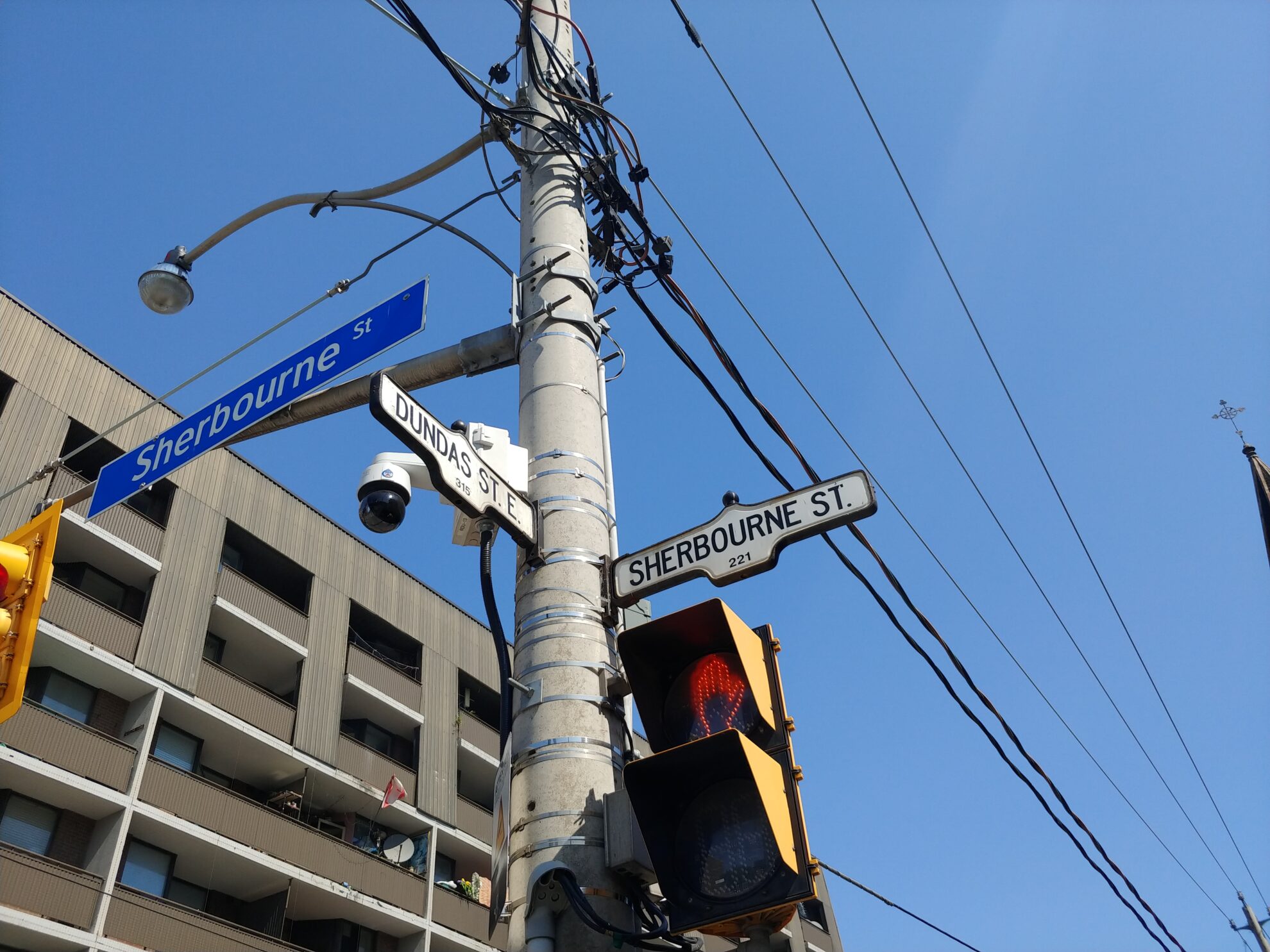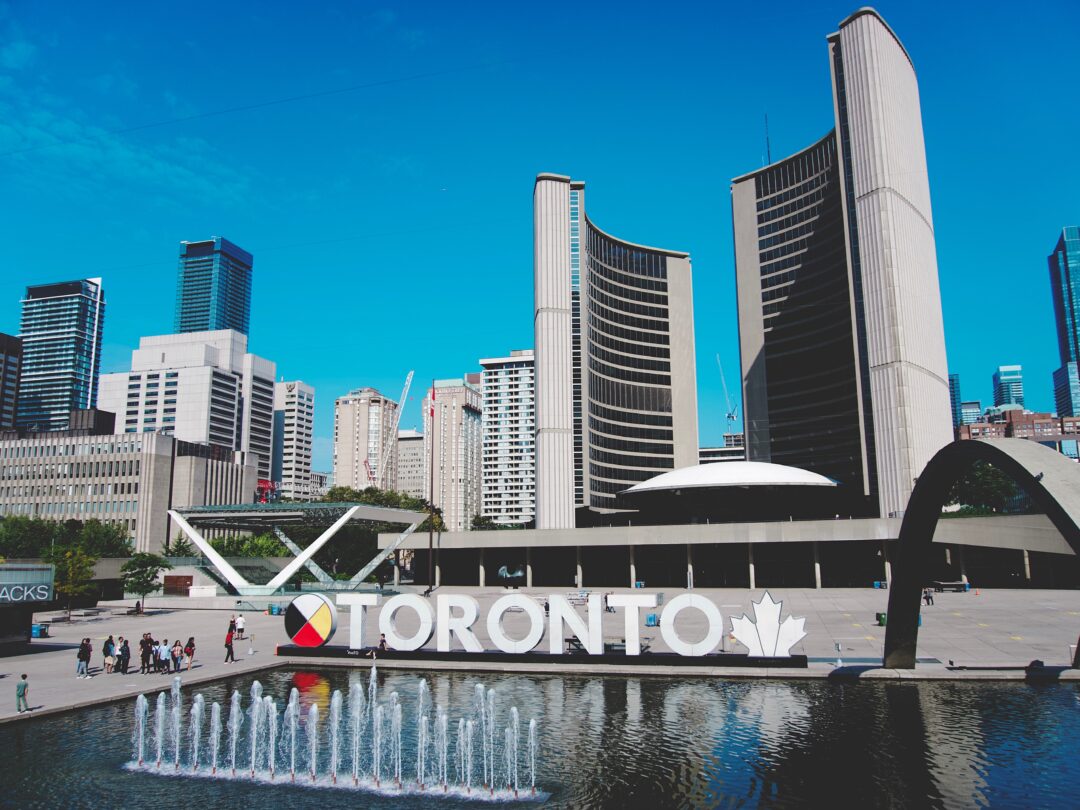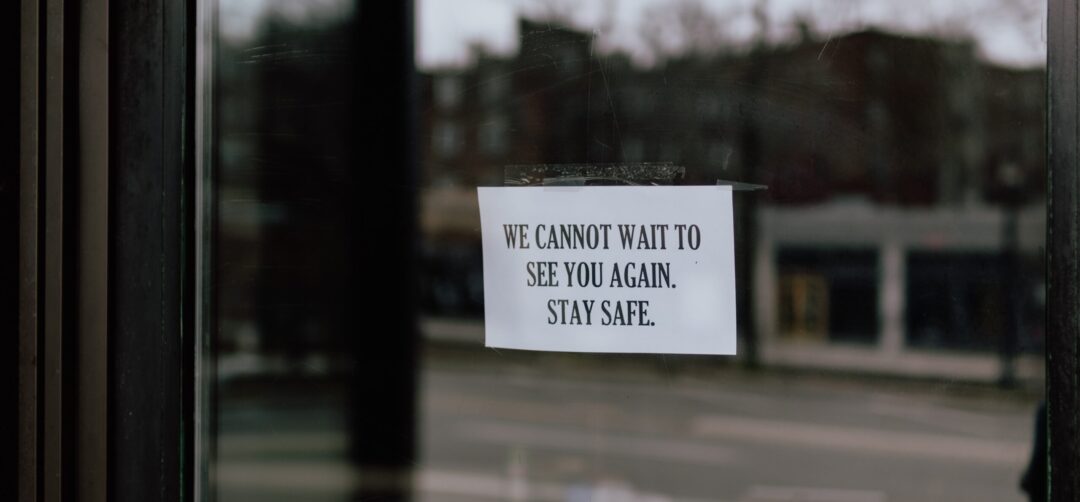By Lynn McDonald, Op-ed –
Olivia Chow made a strong start and received favourable coverage for her first moves on being sworn in as Toronto’s mayor. However, on renaming Dundas Street she seems to have joined the old gang at City Hall. She correctly, but lamely, noted that the previous City Council had voted for the renaming. Former Mayor Tory himself realizes that it was a mistake; there are new councillors; and some old councillors that have changed their minds or are open to doing so.
Henry Dundas was a committed and effective abolitionist, achieving the abolition of slavery in Scotland in 1778. As a lawyer he took a case (pro bono) of a runaway slave, Joseph Knight, on appeal to the Law Lords of Scotland. “Human nature, my Lords, spurns at the thought of slavery among any part of our species,” he argued. By a majority of eight to four they agreed: since Knight’s enslavement in Jamaica was “unjust,” it could not be supported in Scotland.
The high court not only freed him but ended all slavery in Scotland.
Opponents of the street renaming focus on Dundas’s 1792 movement of an amendment to a motion of William Wilberforce in Britain’s House of Commons. Wilberforce’s 1791 motion to immediately abolish the slave trade had failed 163-88. Dundas’s amendment to make abolition gradual at least got it passed, the first anti-slavery statement in the British Parliament. Chow, a former member of Canada’s Parliament, should know that a motion is only an expression of opinion, not a law. Wilberforce’s immediate motion had not a chance in the House of Lords, which did not even adopt the gradual motion, let alone an enforceable law. Not until 1807 did both Houses of Parliament adopt such a law. Even then, the trade in human beings continued; France, Spain and Portugal carried on as before, while British slave ships put up false flags and carried false ownership papers.
Anti-Dundas people claim that 500,000 enslaved persons were taken to the West Indies thanks to the failure of immediate abolition in 1792, as if abolition could have been enforced then. When Britain’s Royal Navy and Royal Marines began to enforce abolition, they stopped only an estimated six percent of the slave ships. They succeeded in rescuing some 80,000 slaves in transit, at a cost of some 1600 seamen’s lives.
Yet, an estimated million Africans were sent across the Atlantic into slavery, carried by the ships of other countries that Britain could not stop.
Dundas understood that it would take concerted action, with payments to slave owners and treaties with other countries, to end slavery and the slave trade. Even Wilberforce later agreed that gradual emancipation was the only way. In 1823, he helped organize and became vice-president of the Society for the Mitigation and Gradual Abolition of Slavery Throughout the British Dominions.
Dundas made a last, significant, contribution to the abolition cause by his endorsing the appointment of John Graves Simcoe, an abolitionist, as the first lieutenant-governor of Upper Canada (Ontario). On arrival in 1792, Simcoe promptly sought to get an abolition bill into the House of Assembly. Attorney-General John White obliged, but the bill was strenuously opposed, notably by slave-owning members. White’s revised bill, the 1793 Act to Limit Slavery in Upper Canada, freed no existing slaves but banned future imports of them. Children of slaves born after the Act was passed would become free at age 25.
This modest act began to free enslaved persons in 1818, while the British equivalent did not take effect until 1834. White lost his legislative seat at the next election, probably for his opposition to slavery.
Mayor Chow and Council should at least hold the public consultation on the Dundas Street renaming that was promised. They should ascertain not only a realistic estimate of the costs but the inconvenience to business owners and individuals with Dundas Street addresses. Addresses must be changed promptly on drivers’ licences and vehicle permits. Businesses will have to change signs, websites and some even their company names.
For many Torontonians, the great offence of the name change is its cost while matters such as homelessness and encampments are urgent. Honour and integrity are also considerations. We should celebrate those who take on difficult justice causes, and we should never act on false facts.
Lynn McDonald, CM, PhD, former MP and fellow, Royal Historical Society




